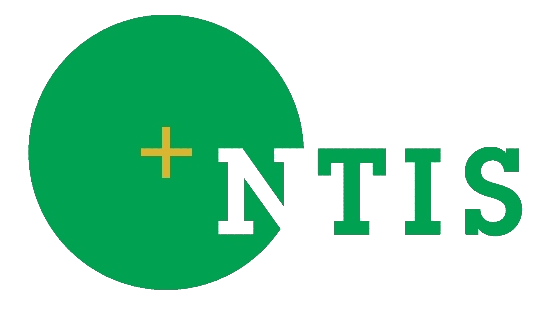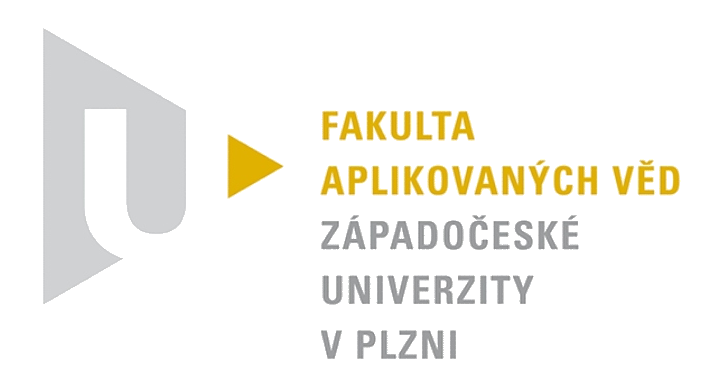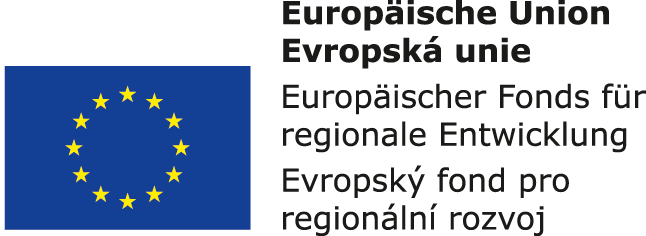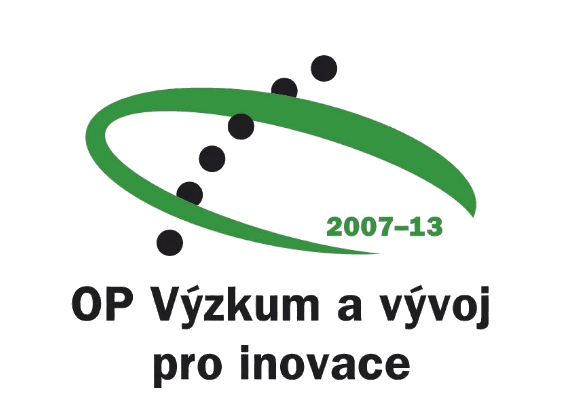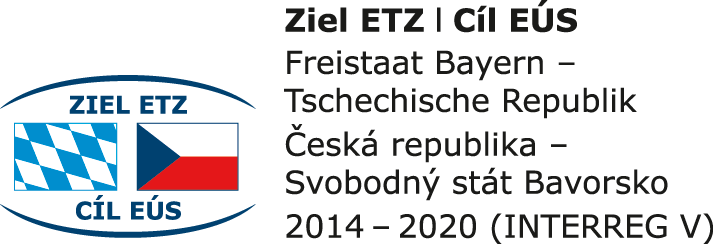
Detection of ERP components-comparison of basic methods and their modifications
The presentation deals with event-related potential (ERP) components detection using wavelet transform (both continuous and discrete form), matching pursuit algorithm and Hilbert- Huang transform. The EEG/ERP domain is shortly introduced and essential information about EEG and ERP signals is given. The wavelet transform, matching pursuit algorithm and Hilbert- Huang transform are introduced and their suitability for ERP components detection is described. Experimental results obtained by using these algorithms for P3 components detection are summarized.



